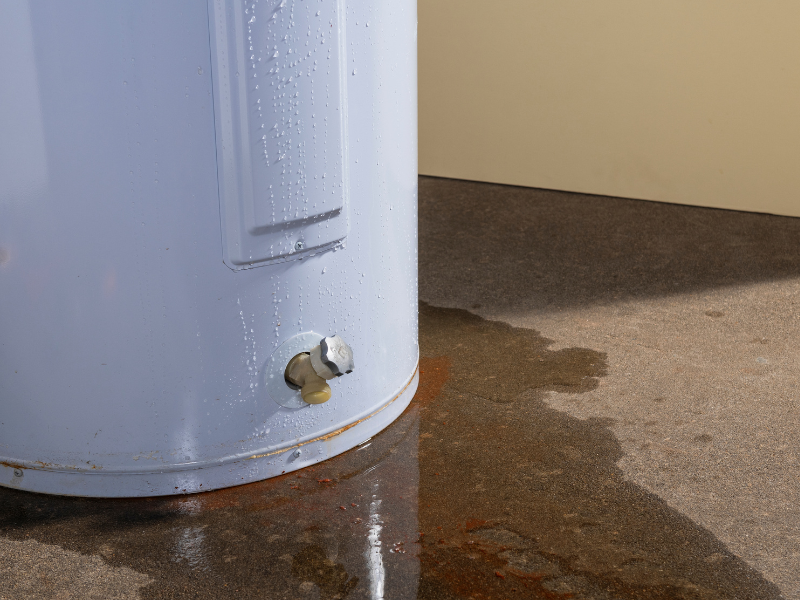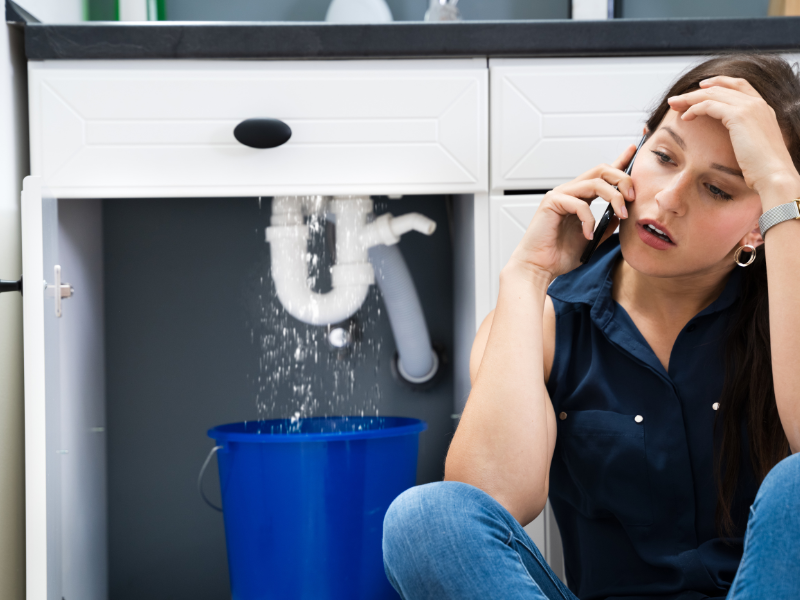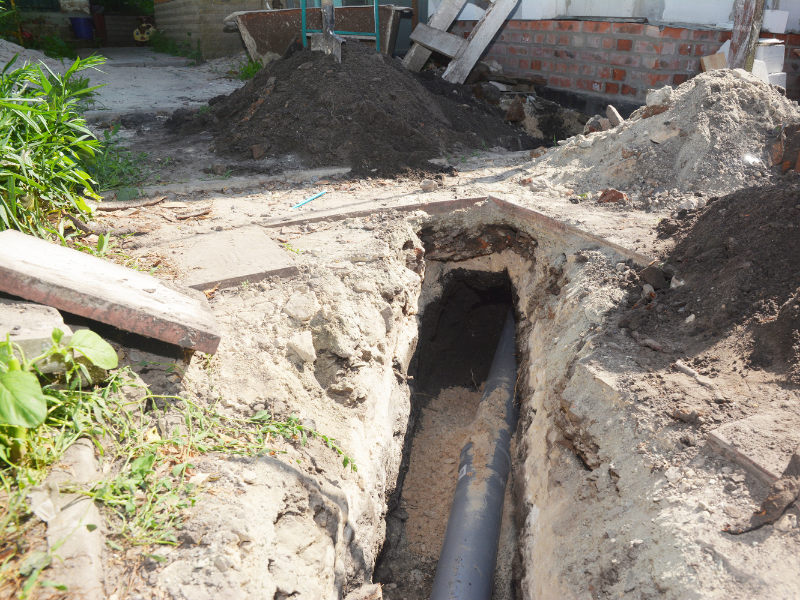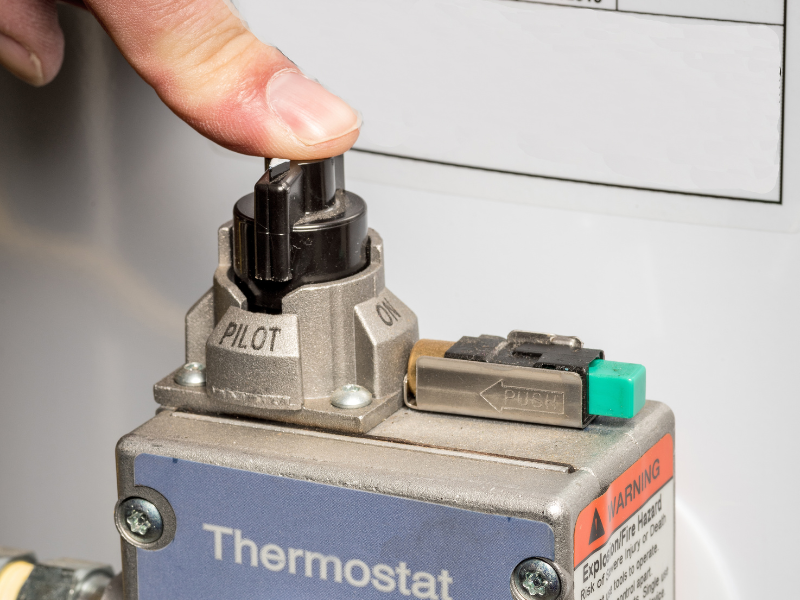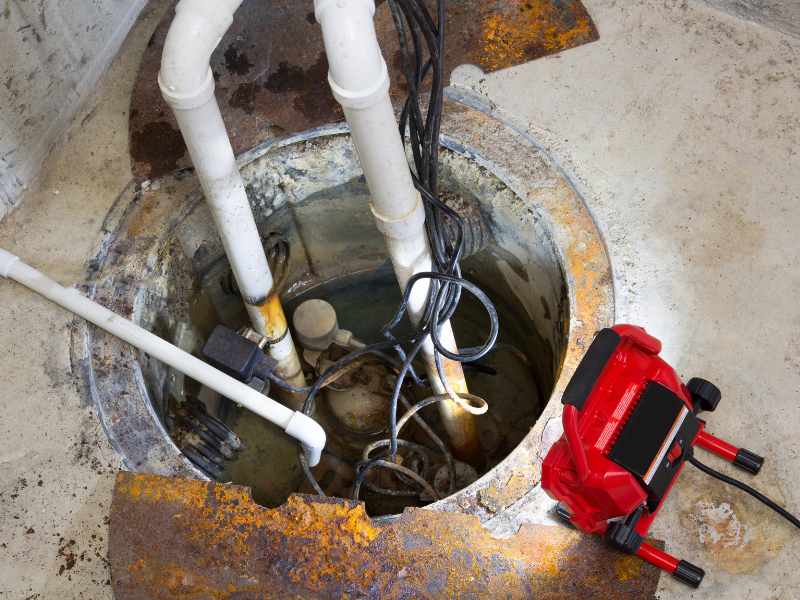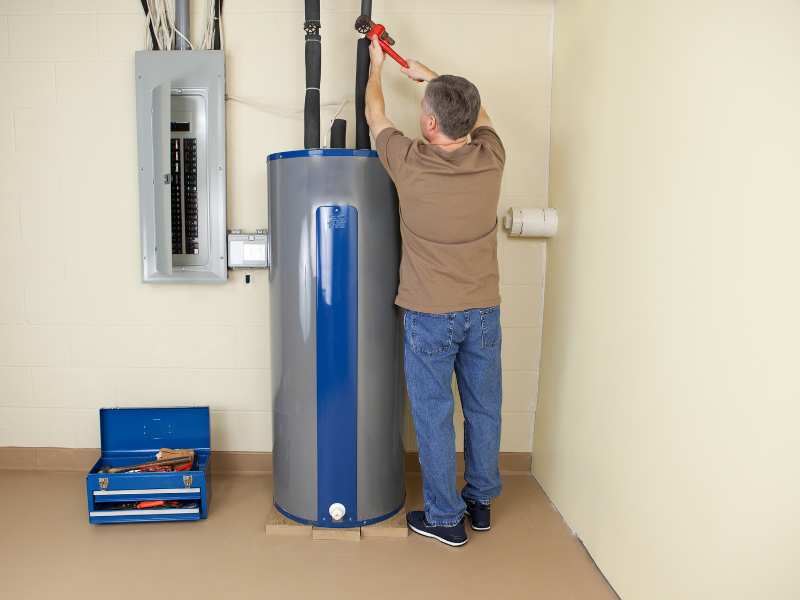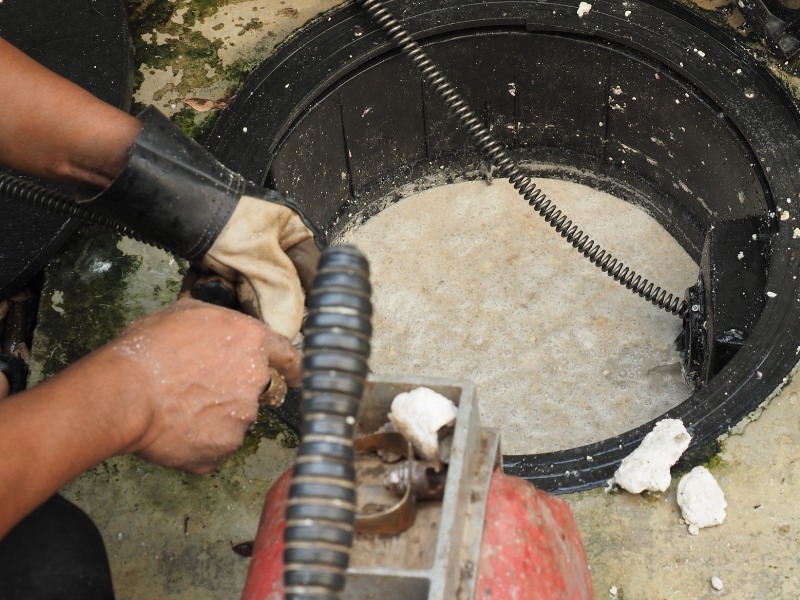A leaking water heater is one of those home issues that can start small—and escalate quickly. Whether you notice a slow drip, a damp floor around the base of the tank, or a growing puddle, a leak should never be ignored. Even minor water heater leaks can lead to costly water damage, mold growth, and loss of hot water when you need it most.
At Rocket Plumbing, we understand how stressful it can be to face plumbing issues unexpectedly. That’s why we’ve put together this complete guide to help you understand what to do if your water heater is leaking, step by step.
Step 1: Confirm the Source of the Leak
Before jumping to conclusions, it’s important to determine whether the leak is actually coming from your water heater.
Sometimes what appears to be a water heater leak may actually be condensation, water from a nearby appliance, or a loose pipe overhead.
Here’s what to check:
- Condensation: If your basement or utility room is humid, condensation can form on the outside of the tank. This is harmless, but can be mistaken for a leak.
- Nearby Pipes or Appliances: Check for leaks in overhead pipes, nearby washing machines, or HVAC systems that could be dripping water close to the tank.
- Drips from fittings: Inspect the supply lines, T&P valve (temperature and pressure relief valve), and drain valve for moisture.
If the tank or a component connected to it is definitely leaking, it’s time to act fast.
Step 2: Turn Off the Power Supply
Safety should always come first when dealing with a leaking appliance that uses electricity or gas.
If you have an electric water heater:
- Locate your home’s electrical panel.
- Find the breaker labeled for the water heater.
- Flip the breaker to the OFF position to eliminate the risk of electrical shock.
If you have a gas water heater:
- Locate the gas shut-off valve near the base of the unit.
- Turn the valve clockwise to the OFF position.
Turning off the power not only keeps you safe, but it also prevents the unit from continuing to heat water while leaking.
Step 3: Shut Off the Water Supply to the Heater
Now that power is off, prevent additional water from entering the tank by shutting off the cold water supply.
- Look for the cold water shut-off valve above the unit—it may be a lever or wheel.
- Turn it clockwise (right) until it stops.
If the valve is stuck or you can’t reach it safely, go to your home’s main water shut-off valve and turn it off from there.
This step helps minimize water damage and stops the leak from getting worse.
Step 4: Drain the Tank (If Necessary and Safe)
If the leak is more than a small drip, draining the tank can help prevent flooding or further damage to your flooring.
How to drain your water heater:
- Connect a garden hose to the drain valve at the bottom of the tank.
- Place the other end of the hose in a floor drain, sump pit, or outside where water can safely drain.
- Open the drain valve slowly to allow water to flow out.
- You may need to open a nearby hot water faucet to let air into the system and help the water flow freely.
Warning: The water inside the tank may be hot. Wear protective gloves and proceed with caution.
If you’re unsure about draining the tank yourself, wait for a professional from Rocket Plumbing to handle it safely.
Step 5: Identify the Source and Type of Leak
Knowing where the leak is coming from will help you and your plumber determine whether it can be repaired—or if it’s time for a replacement.
Common types of water heater leaks:
- Leaking from the top: This could be due to a loose or corroded inlet or outlet pipe, a faulty valve, or a leaking T&P valve.
- Leaking from the bottom: If water is coming from underneath, it may indicate internal tank failure—often due to corrosion. In most cases, this means the unit needs to be replaced.
- Leaking from the side: The T&P valve (on the side of the tank) may be discharging excess pressure or temperature. This can be caused by high water pressure, overheating, or a malfunctioning valve.
- Leaking from the drain valve: A faulty or worn-out drain valve may slowly leak over time. Replacing the valve is usually a straightforward fix.
A professional plumber can perform a full inspection to diagnose the issue and recommend the best solution.
Step 6: Call Rocket Plumbing for Expert Help
Even if the leak seems minor, it’s important to get it checked by a licensed professional. A small leak can quickly become a major issue if left untreated. Our expert plumbers at Rocket Plumbing can:
- Identify the source of the leak with precision
- Repair or replace valves, fittings, and other components
- Assess whether the tank is repairable or if replacement is the safer option
- Provide energy-efficient water heater replacement options if needed
- Ensure your plumbing system is safe, up to code, and leak-free
What Causes Water Heater Leaks?
Understanding the root cause of your leak can help you prevent similar problems in the future.
Common causes include:
- Corrosion of the internal tank (especially in older units)
- Loose fittings or aging valves
- Excessive water pressure
- Sediment buildup that cracks the tank lining
- Thermal expansion from overheating
- Poor installation or lack of maintenance
How to Prevent Water Heater Leaks in the Future
Prevention is key to avoiding another leak or full-blown plumbing emergency down the line. Here are a few maintenance tips to protect your water heater:
- Flush the tank annually to remove sediment buildup
- Inspect the anode rod every 2–3 years and replace it if worn
- Check for moisture or rust around valves and fittings regularly
- Schedule professional inspections with Rocket Plumbing each year
- Replace the unit before it reaches the end of its lifespan (8–12 years on average)
Investing a little time in maintenance now can save you from a costly leak or water heater failure later.
Need Water Heater Repair in Charlotte? Call Rocket Plumbing Today
Whether you’re dealing with a slow leak or a full-blown water heater emergency, Rocket Plumbing is here to help. Our licensed plumbers arrive fast, provide honest assessments, and deliver expert repairs or replacements—so you can get back to hot showers and peace of mind.
Don’t wait until it’s too late. Contact us now for fast, reliable water heater service.

